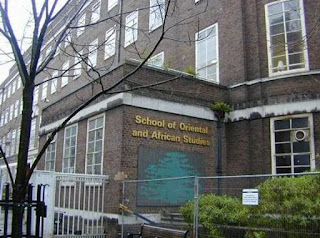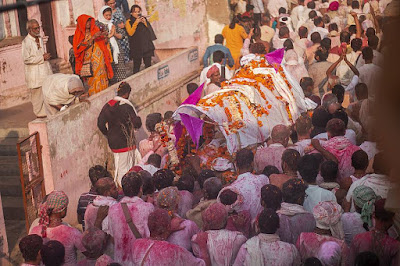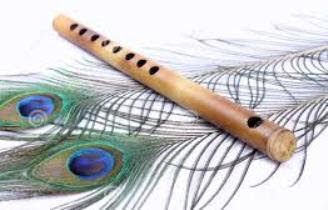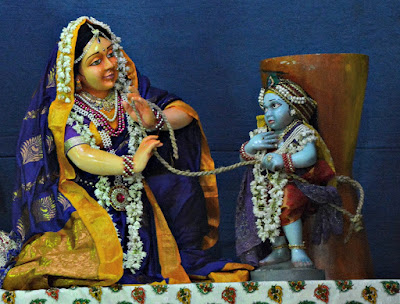What am I doing right now?

I am currently working on getting my 1992 Gopāla-campū doctoral dissertation ready for publication. I knew this wouldn't be easy and I have been procrastinating because there are just so many other projects that beg for attention. But the opportunity has arisen for the Gopāla-campū work to finally be published so it is do or die now. When I finished the thesis work at SOAS, my advisor, J.C. Wright, wanted to get it published by the university publisher. Career-wise it would have been a good move. But I have never been very career-oriented, no doubt a huge character flaw where worldly life is concerned. Something Friedhelm Hardy said during my oral examination also affected me disproportionately. Hardy was a professor at King's College and a scholar for whom I had great admiration. He was jovial and gregarious as well as a brilliant man. He lived not very far from where we were staying in London, though I was hardly a part of his social circle. I only went there o




